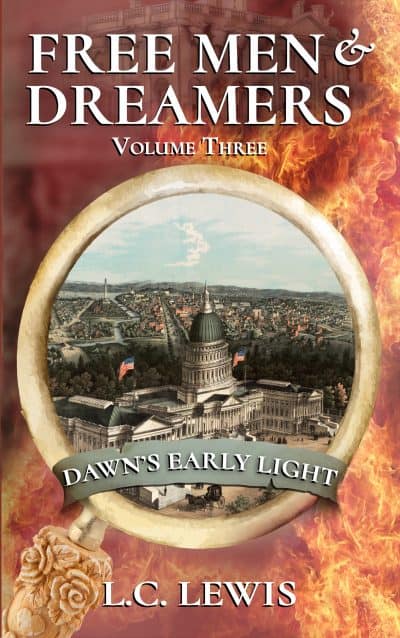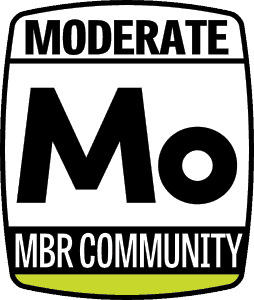Description
In the spring of 1814, a temporary calm settles along the Patuxent.
While the British Navy skulks in the Chesapeake Bay, the Willows families and their neighbors enjoy a brief season of peace.
That is until Napoleon is subdued. Britain’s navy re-enters the Patuxent and now prepares to
loose her triumphant European conquerors on America, even as peace negations commence
in Belgium. But weeks of relentless British attacks along the waterfront soften the will of the
American militia and citizenry, leaving the voracious British confident victory is within their
grasp. And their primary target? Washington.
While attentions turn to the defense of the Capital, Sebastian Dupree and his band of mercenaries strike the Willows. Not everyone survives as former enemies become allies, fighting side-by-side with the Willows’ freed slaves to defend their homes and families. Mere miles away, the Capital lies in peril, its defense now resting primarily upon citizen soldiers like Jed Pearson, and a most unlikely naval force—Commodore Joshua Barney’s ragtag fleet of barges called the Chesapeake flotilla—and the courage of Markus O’Malley and the other men who built it.
But Britain’s house is also divided over the war, and as the cost mounts in blood and money, rifts widen in her families and government, wearying the mind of the Earl of Whittington and threatening to destroy Arthur Ramsey.
Experience the pain and passion of five families—American, slave and British—as they
endure the three darkest days of American history—the week Washington burned.
******
“Dawn’s Early Light,” is volume three of L. C. Lewis’s “Free Men and Dreamers” series, written to commemorate the upcoming bicentennial of the War of 1812 and the writing of the Star-Spangled Banner. “Dawn’s Early Light” injects the reader into the pivotal events surrounding the British assault on Washington D.C. Though this volume is a seamless continuation of Lewis’s Pearson saga, the author specifically set the book up to serve equally well as a stand-alone read to satisfy fans fascinated by this misunderstood moment in history.
Lewis has stated in several interviews that these events set the stage for Key’s writing of his epic poem, “Defence of Fort McHenry,” and the nations’ impassioned embrace of it as the “Star Spangled Banner.”





Comments